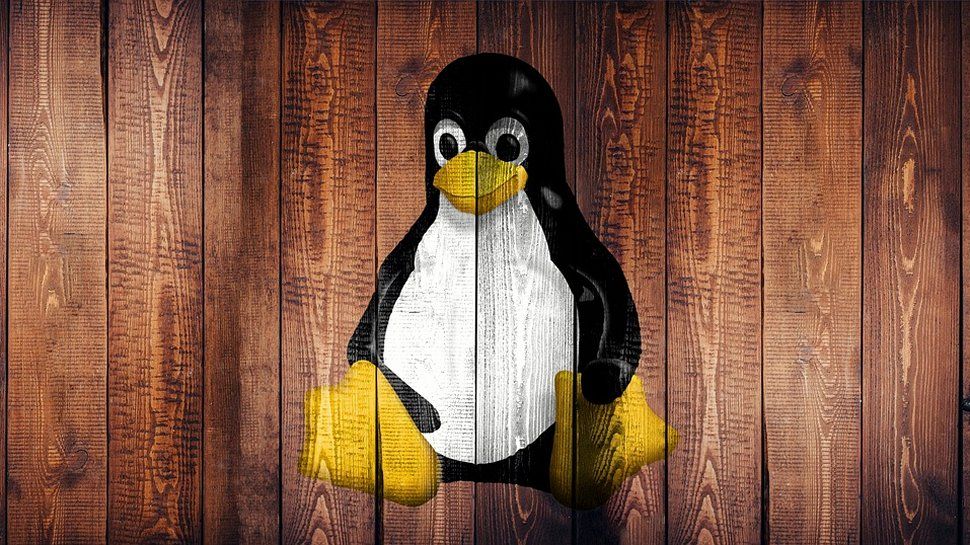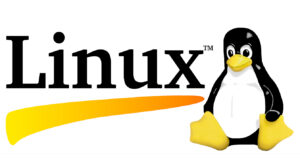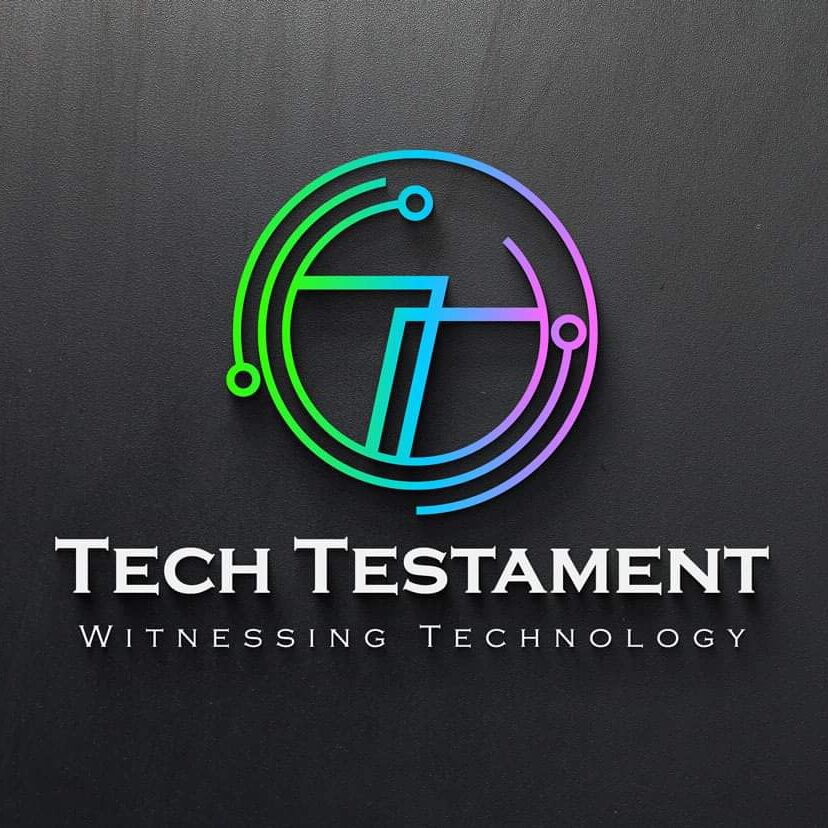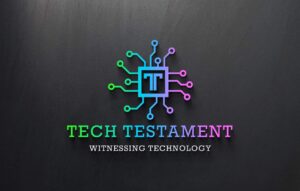

In recent years, Linux has gained a significant amount of popularity as an operating system for personal computers and servers alike. Linux is an open-source operating system that has become a serious contender against its proprietary counterparts, namely Windows and macOS from Apple. In this article, we’ll explore why Linux is the operating system of the future and compare its strengths against Windows and macOS.
One of the biggest advantages of Linux over its competitors is that it is open-source. This means that its source code is freely available to anyone, and anyone can modify it to suit their needs. This has led to a vast community of developers contributing to the operating system, resulting in a highly secure and stable platform that is constantly evolving. In contrast, proprietary operating systems like Windows and macOS are closed-source, meaning their source code is not available to the public. This restricts their development to a smaller pool of people, making them less secure and more vulnerable to attacks.
The open-source nature of Linux also means that it is highly customizable. Users can choose from a variety of distributions, each tailored to suit different needs. For instance, users can choose from distributions like Ubuntu, Debian, Fedora, and Arch Linux, each with a unique set of features and applications. In contrast, Windows and macOS come with a pre-installed set of features and applications, limiting the user’s ability to customize the system.
Another significant advantage of Linux is its security. Linux is considered one of the most secure operating systems in the world, thanks to its open-source community. Because of this community, bugs, and vulnerabilities are found and patched quickly, and security updates are released promptly. Additionally, Linux uses a strict permission system, which ensures that only authorized users can make changes to the system. This makes it harder for hackers to penetrate the system and steal sensitive information.
Comparatively, Windows and macOS have a more challenging time maintaining security. Windows, in particular, is frequently targeted by hackers due to its popularity. Although Microsoft releases regular security updates, they can be slow to address newly discovered vulnerabilities. Additionally, Windows’ user permission system is often criticized for being too lax, making it easier for malicious software to install itself on the system.
Finally, Linux has the advantage of being free. While Windows and macOS require users to purchase a license, Linux can be downloaded and installed for free. This is particularly beneficial for businesses and organizations that need to install the operating system on multiple computers. In contrast, purchasing licenses for Windows or macOS can quickly become expensive, especially for larger organizations.
In conclusion, Linux is the operating system of the future. Its open-source nature, customizable distributions, and strong security make it an attractive option for both personal and business use. While Windows and macOS have their strengths, they lack the flexibility and security of Linux. With its growing community of developers and its commitment to security, Linux is poised to become the dominant operating system in the coming years.
.




